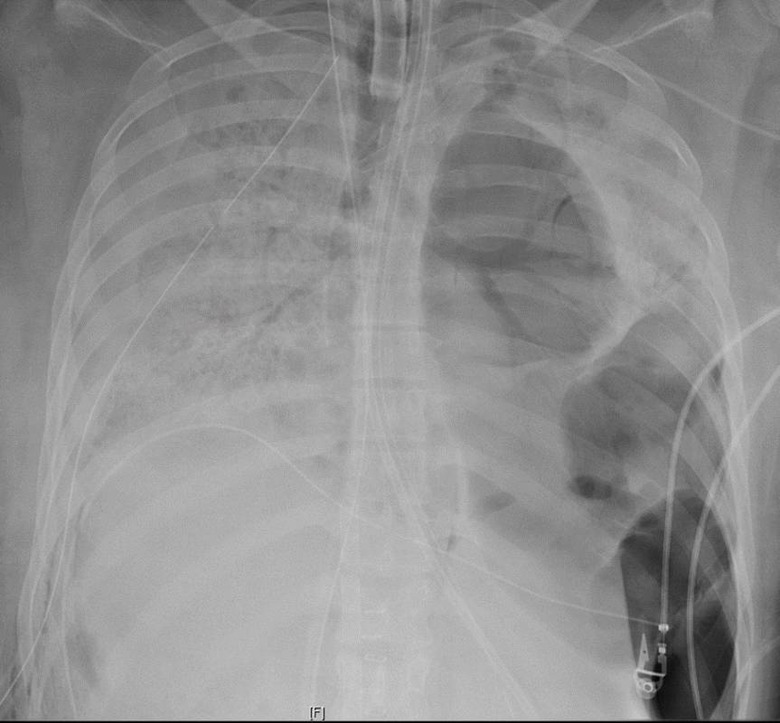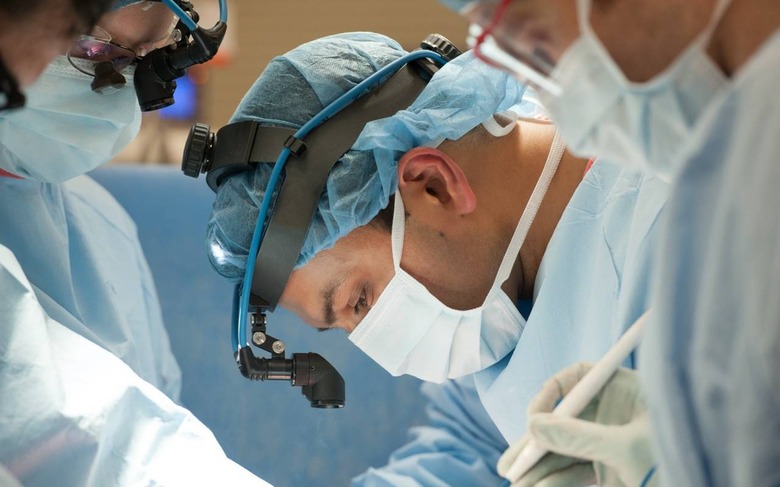COVID-19 Destroyed Her Lungs: A Cutting-Edge Double Transplant Replaced Them
A cutting-edge lung transplant on a patient with COVID-19 has been carried out for the first time, after the coronavirus caused damage that left them on life support. The risky surgery was undertaken at Northwestern Memorial Hospital, with specialists concluding that without two new lungs the patient would have no chance of survival.
Though uncertainties around COVID-19 remain, some aspects of the virus – and its impact on the human body – are already abundantly clear. Coronavirus can have a significant impact on the lungs, particularly in advanced stages of the infection. That can lead to pneumonia, acute respiratory distress syndrome, and sepsis, resulting in lasting damage.
For this particular patient, a Hispanic woman in her 20s who has so far not been named by the hospital, the transplant came after six weeks in the COVID intensive care unit. That involved being supported by a ventilator and a machine for extracorporeal membrane oxygenation (ECMO), effectively taking over the work of her damaged heart and lungs. Even with that support, the hospital says, "by early June, the patient's lungs showed irreversible damage."

Part of the challenge was that, while a transplant was clearly necessary if the woman was to survive, first she needed to test free of COVID-19. "For many days, she was the sickest person in the COVID ICU – and possibly the entire hospital," Beth Malsin, MD, pulmonary and critical care specialist at Northwestern Memorial Hospital, says. "There were so many times, day and night, our team had to react quickly to help her oxygenation and support her other organs to make sure they were healthy enough to support a transplant if and when the opportunity came."
The surgery – described by Ankit Bharat, MD, chief of thoracic surgery and surgical director, as "quite technically challenging" – was carried out shortly after. According to Northwestern Medicine, more than 85- to 90-percent of lung transplant patients go on to survive one year.

Nonetheless, there are still plenty of questions. Though the full medical records of the COVID-19 patient have not been released, the hospital describes her as "a healthy woman in her 20s." "There's still so much we have yet to learn about COVID-19," Rade Tomic, MD, a pulmonologist who is also medical director of the Lung Transplant Program at the hospital, admits. "Why are some cases worse than others?"
The hope is that this first example of a successful double lung transplant will encourage other hospitals to consider such surgery in advanced cases of coronavirus.
